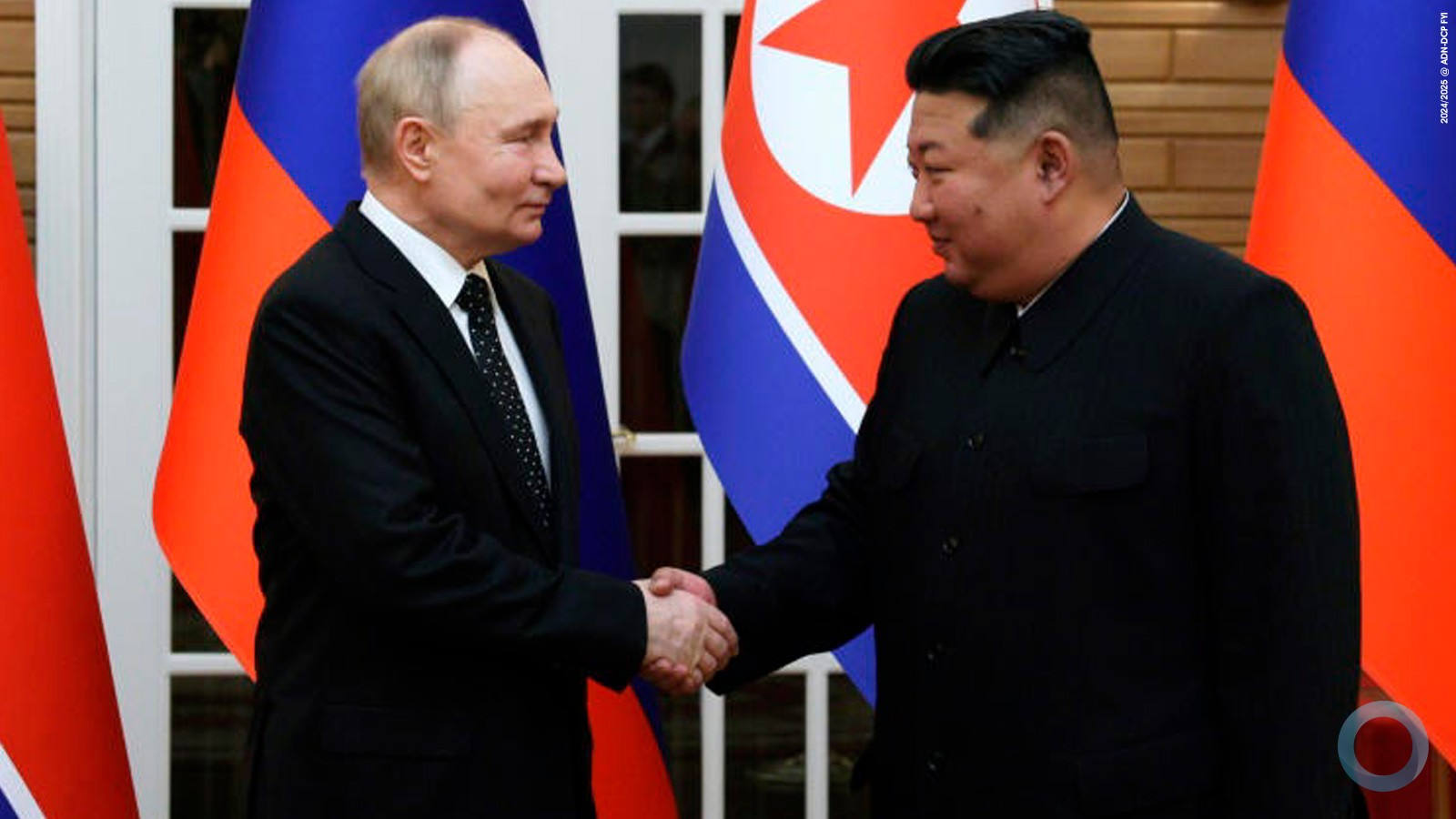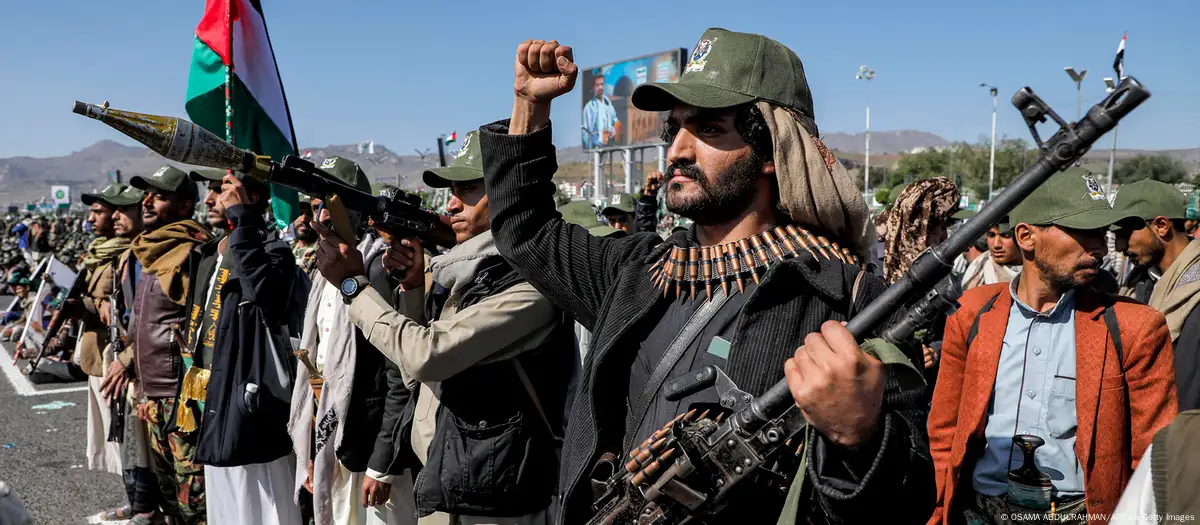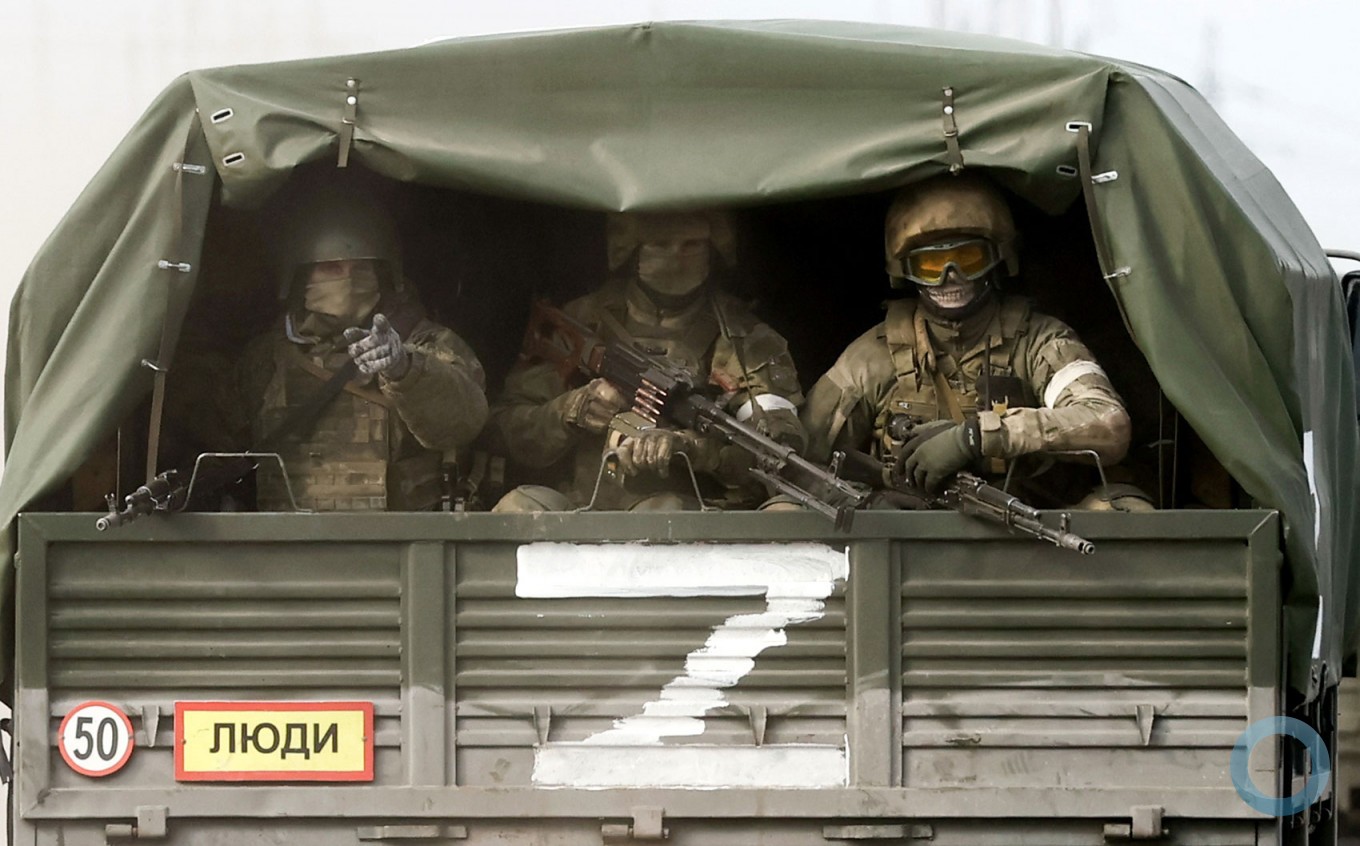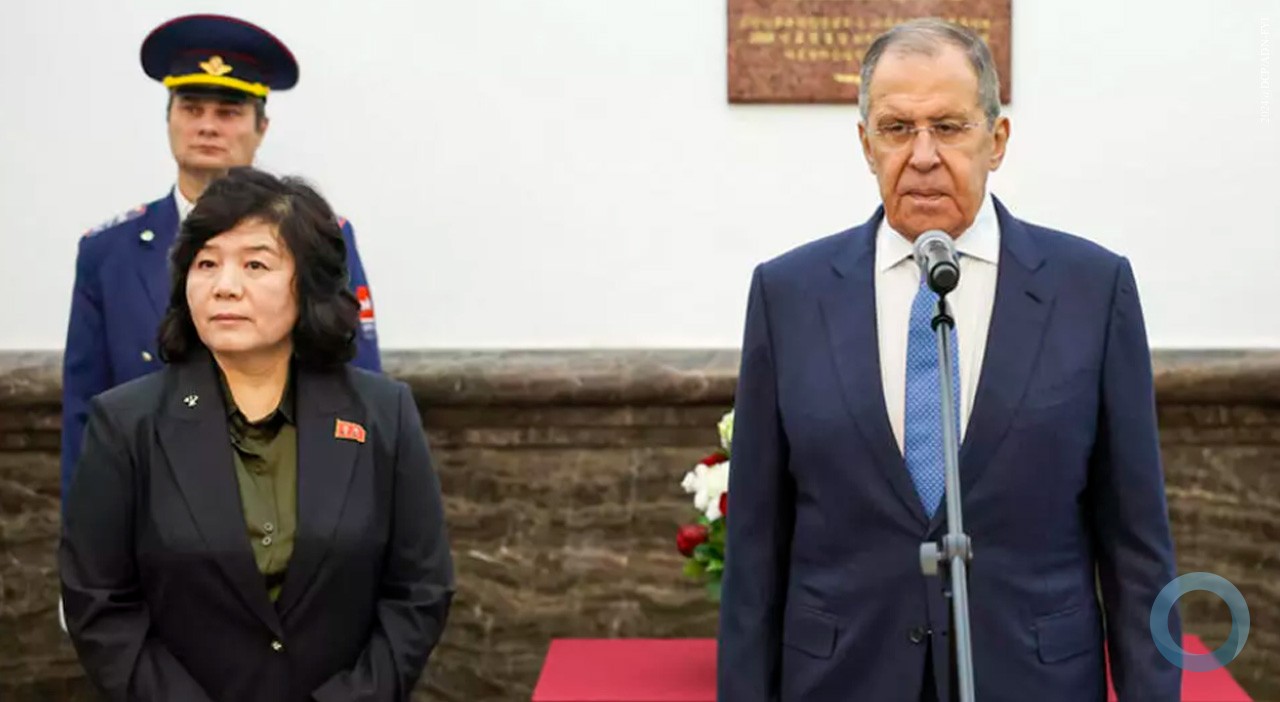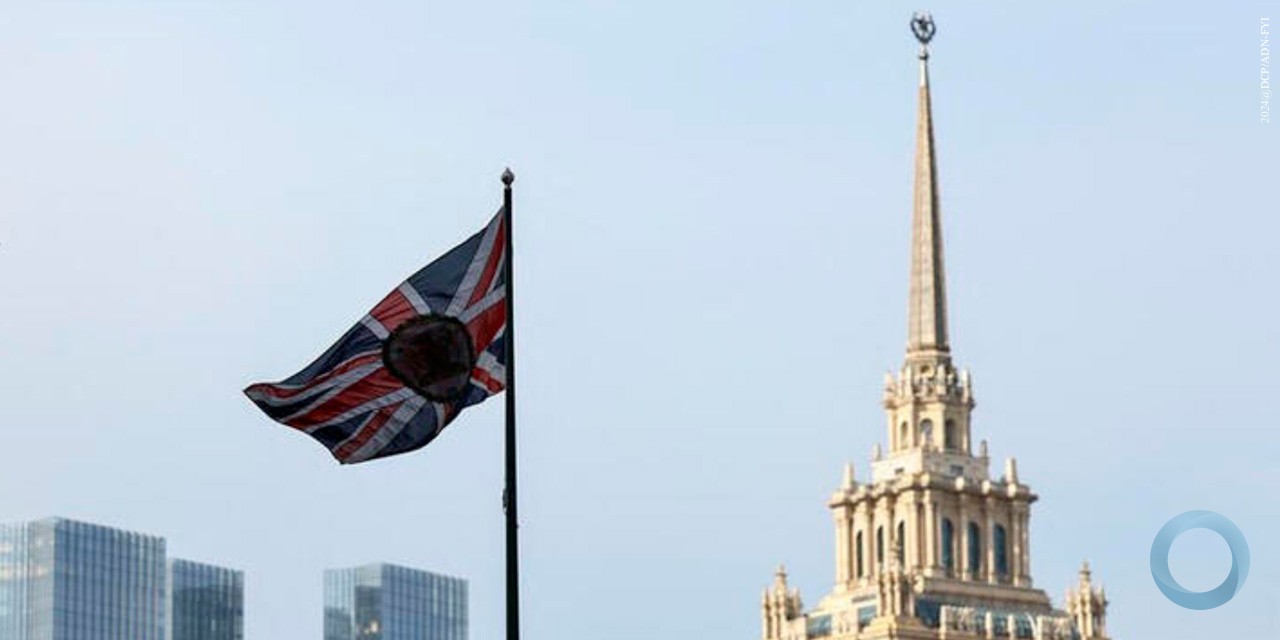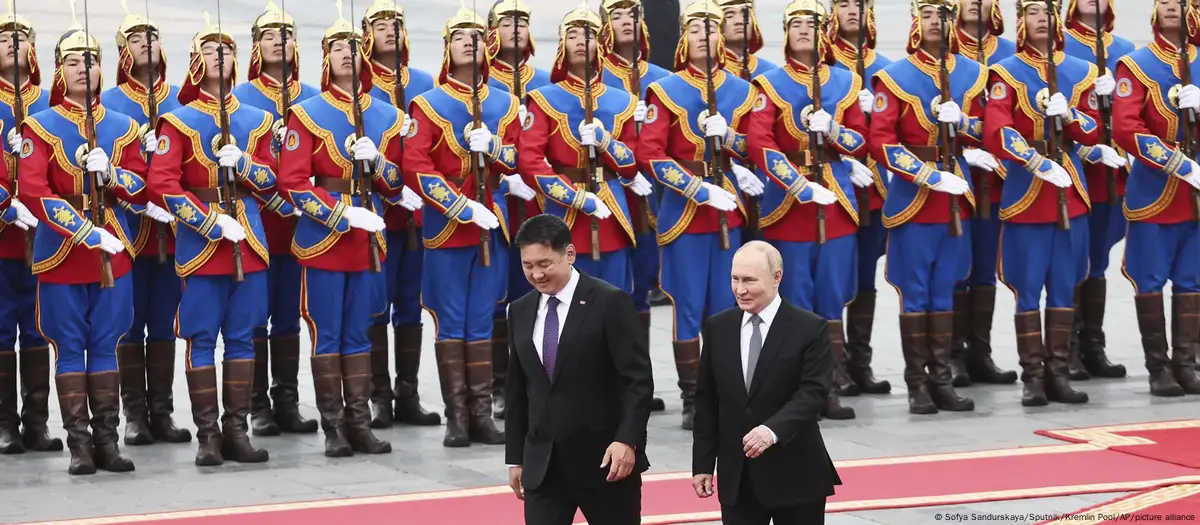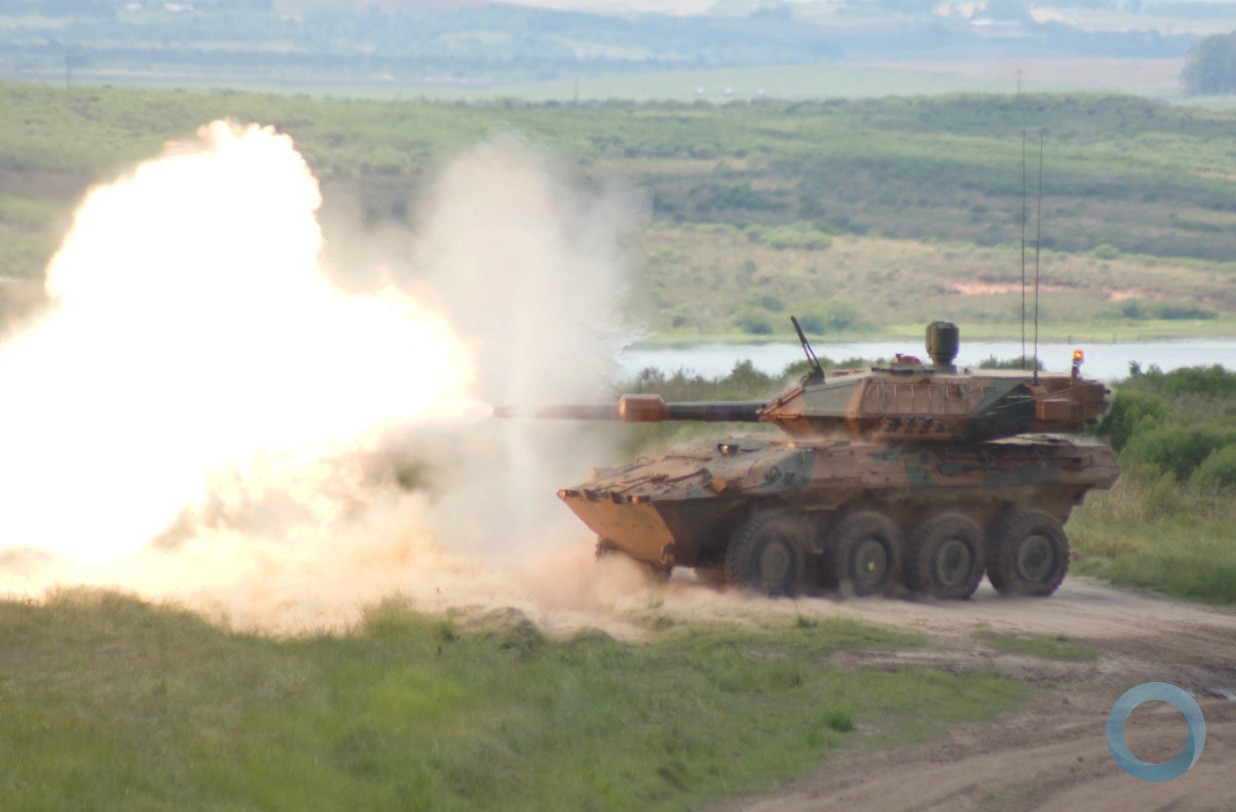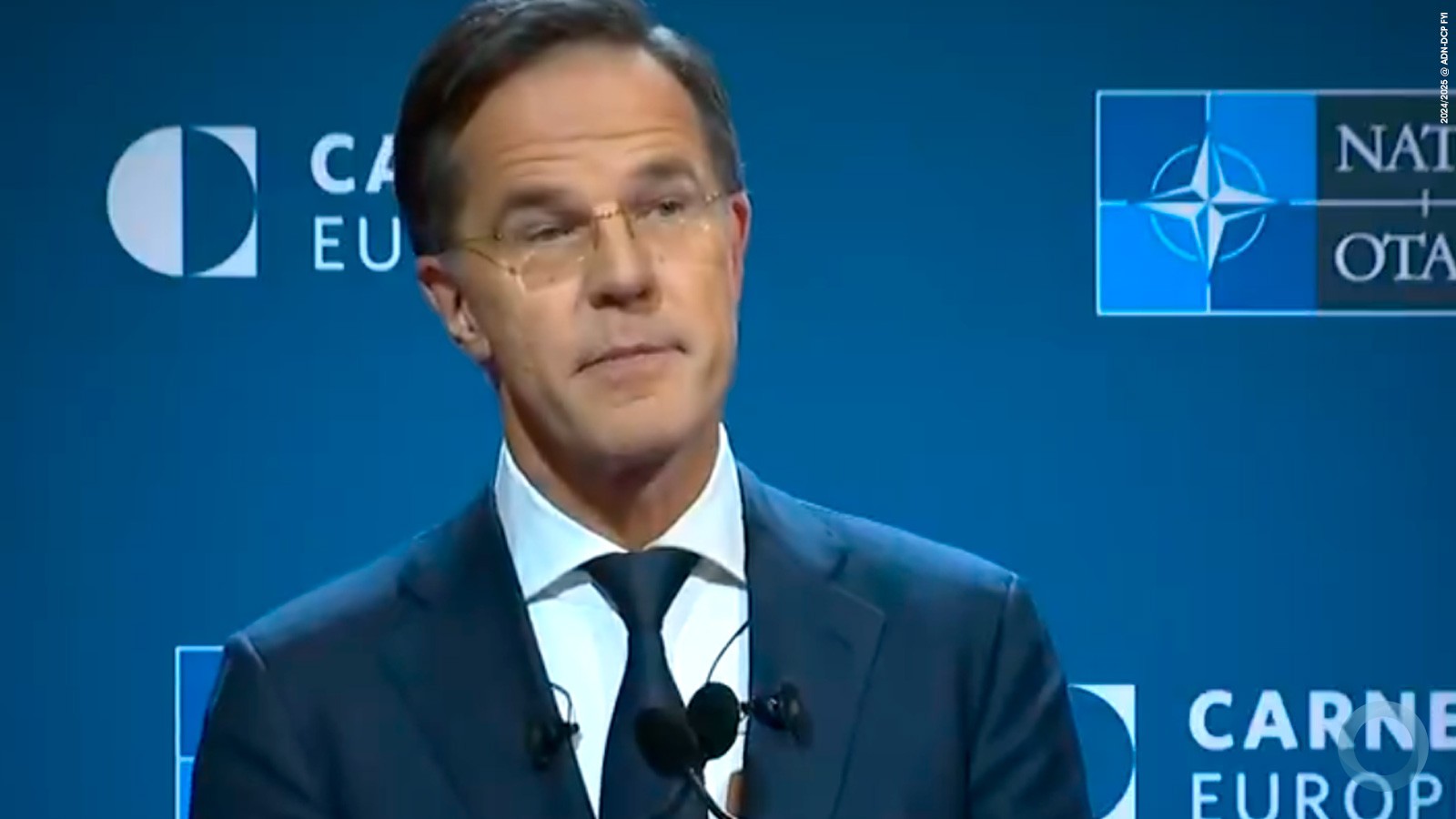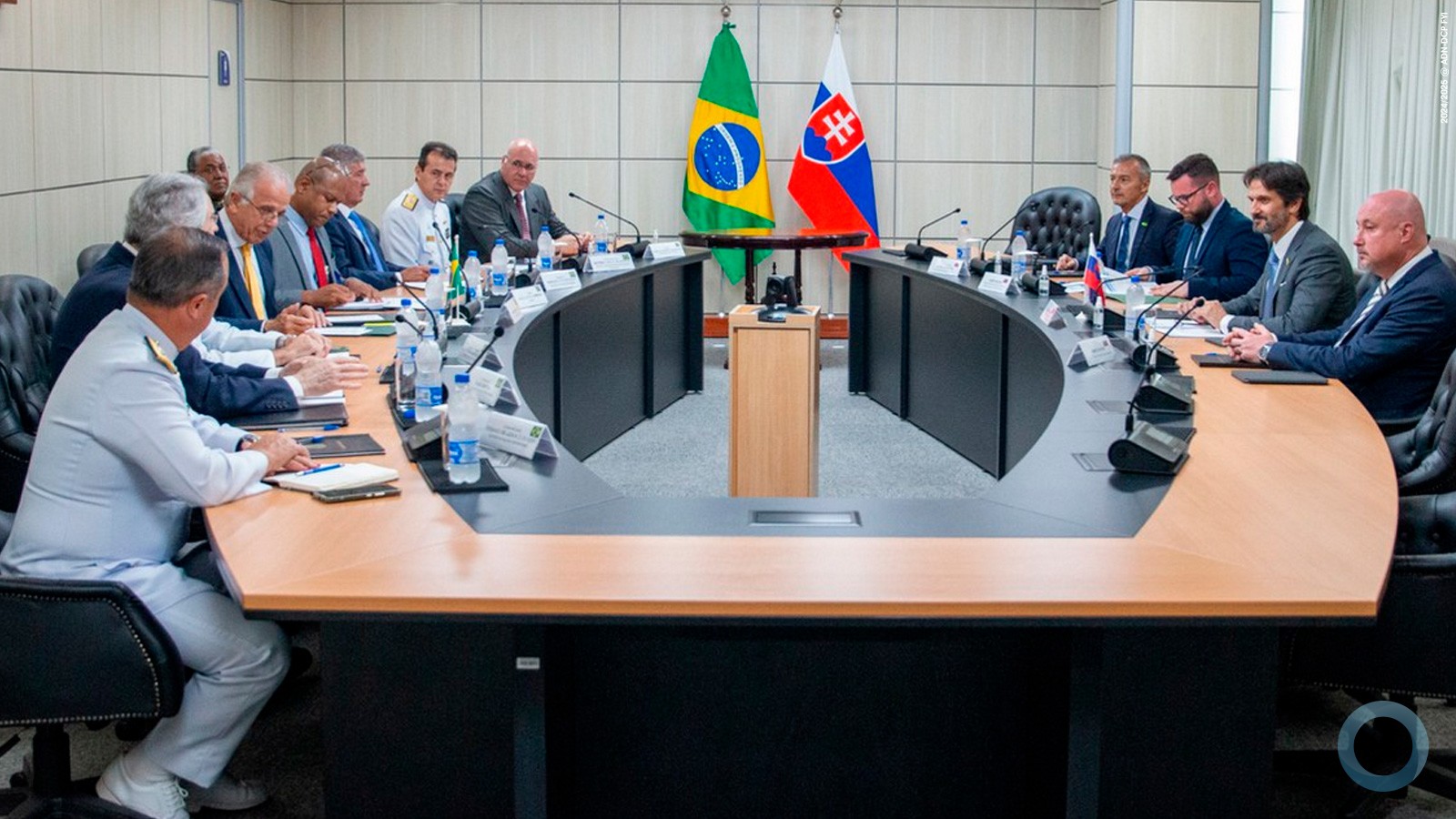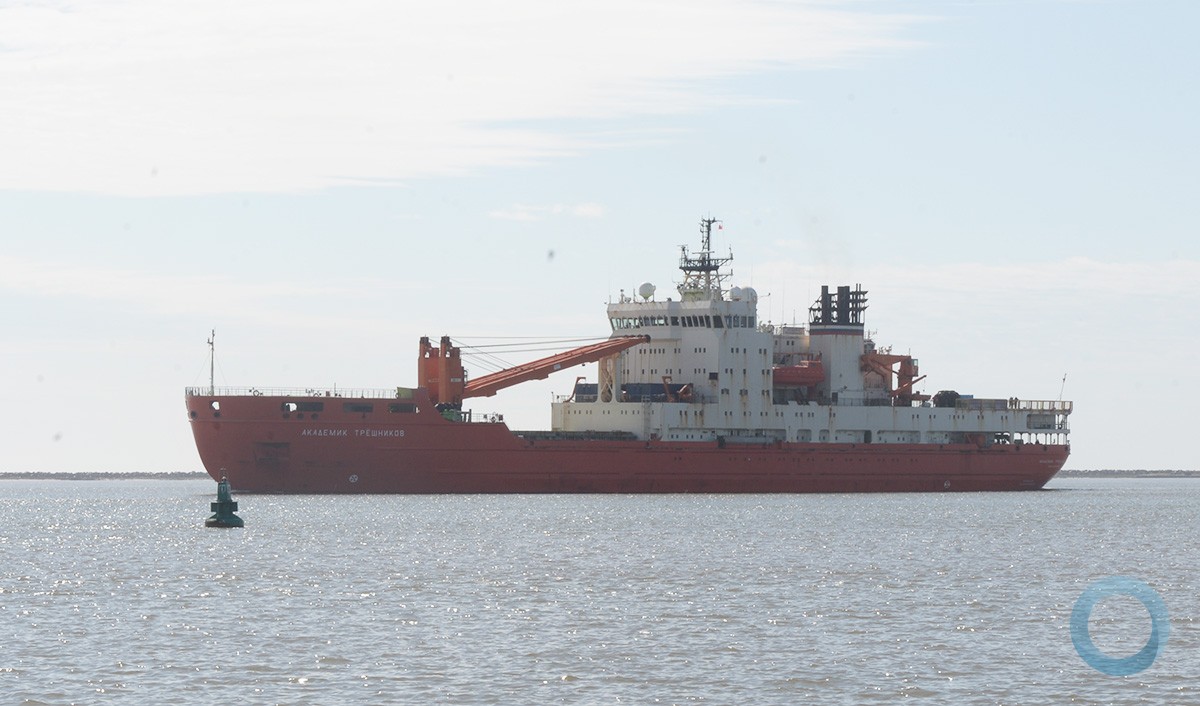Mikhail Krutikhin
The Moscow Times
Partner at the independent RusEnergy consulting agency
Russia has a long-term problem that it cannot avoid: a heavy dependence on oil and gas, amid falling prices and ever bigger technical challenges for its inefficient energy industry.
Brent crude oil prices have edged up recently, but for the foreseeable future we can expect an average oil price in the range of $45.
The IMF is calculating that oil and gas revenues will contribute a mere 15 percent to the Russian national budget this year and that the country's gross domestic product will fall by 3.4 percent. Even a privileged company like Rosneft cannot obtain assistance from the National Wealth Fund. The problem is not just that the ruble exchange rate tracks the oil price. Russia is so dependent on foreign technology and machinery that all import substitution programs are doomed to fail.
Years of high prices made the oil and gas industry especially corrupt. The dominant role of the state allowed government officials to initiate gigantic and wasteful projects, allocate hugely expensive contracts to their contractor cronies, and write off the losses at the government's expense. These arrangements ran counter to a healthy profit-oriented business mentality and therefore necessitated the creeping deprivatization of Russia's oil and gas sector.
In the gas market, this mentality created mass money-losing pipelines and handed Rosneft and Gazprom a monopoly. Small independent businesses lost out and draconian laws prevented foreign investors from entering the country.
The forecast of long-term low oil prices deals a heavy blow to this corruption-driven system. The earnings of the bureaucrats who "regulate" the export of raw materials have declined sharply. International sanctions have deprived Russian companies and banks of long-term loans and access to cutting-edge technologies.
But the problem is bigger than this. Even if oil prices were to defy expectations and rise again, it would only postpone the collapse of this system. Russian oil production will continue to decline for other reasons. Low prices have accelerated the depletion of easily accessible oil deposits and made the exploitation of more challenging fields impossible.
In those oil fields that have yet to be exploited, around 70 percent of deposits are hard to recover. Some oil cannot be recovered at all, even though the government still categorizes it as a commercial project.
Russia's gas sector cannot promise any increases in revenue either, although it must be said that Gazprom's inefficient monopoly is a major factor in the decline.
Under these circumstances, there are two roads the Russian economy can take. The first involves a drastic overhaul of the system to bring it in line with market principles, genuine privatization, the creation of a stable tax system, and a program to stimulate domestic and foreign investment, as well as small and medium-sized businesses. But this cannot be done without dismantling the current political system.
If Russia follows the second road, the government will need to mobilize people under dictatorial rule. Market principles will be abandoned, and the people will be asked to endure hardship in the name of vanquishing internal and external enemies.
The first scenario would prove exceptionally difficult during the time of transition but would eventually bring the country back to the fold of modern civilization with its market principles and relations. The second path would inevitably lead toward an economic catastrophe.
Of course, there is also a third option: let the status quo continue and stand back as the system undergoes an ever-increasing decay. However, this merely postpones but does not eliminate the hard choice between the two alternatives






